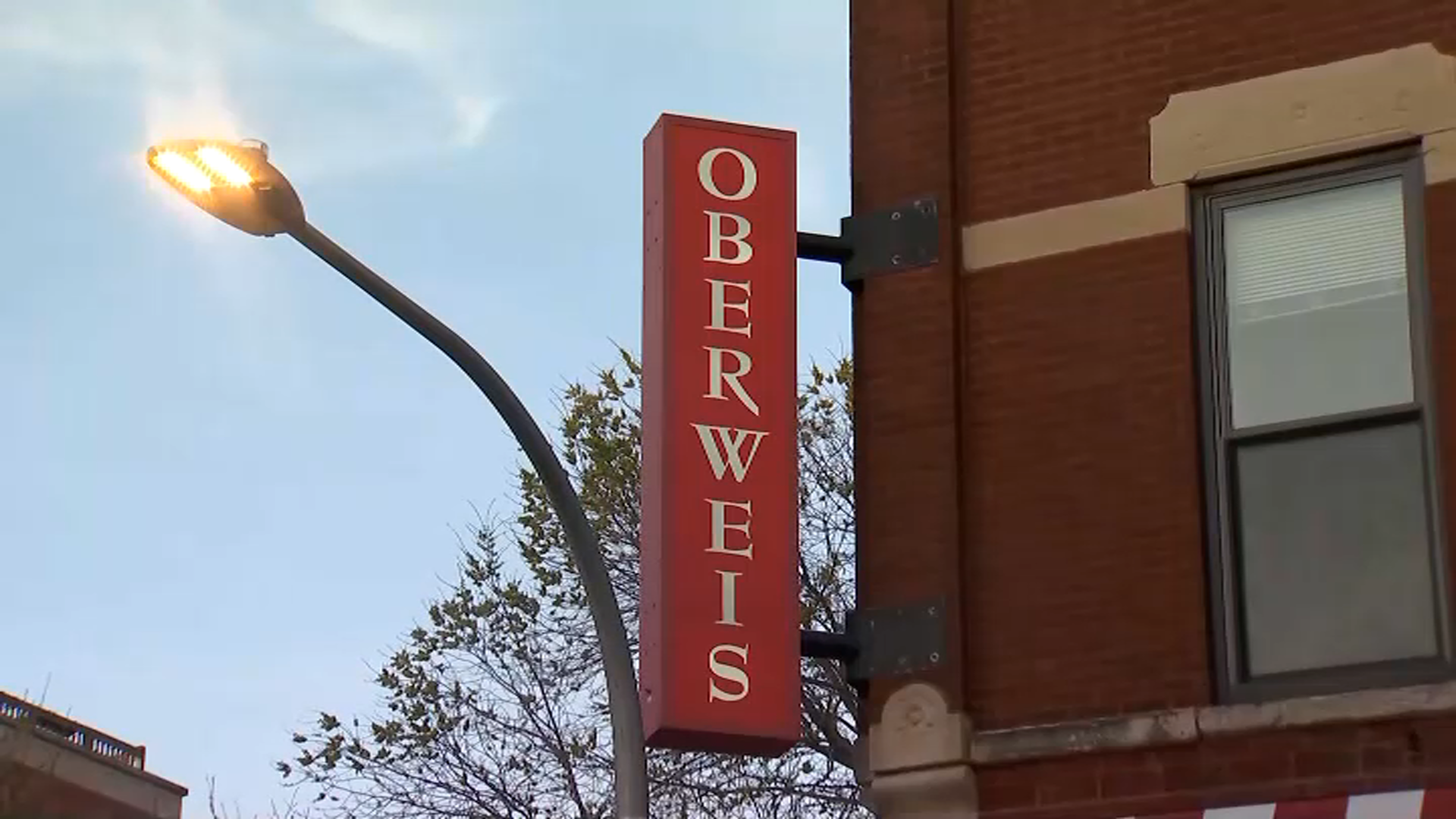A second pilot program for shared electric scooters launched in Chicago on Wednesday, officials say, this time expanding to cover much more of the city and with a particular focus on communities without equitable access to transportation.
The program will bring 10,000 scooters from companies Bird, Lime and Spin, and is much like a similar program launched the year before involving 10 companies, according to the Chicago Department of Transportation.
“We have designed a new pilot program that expands on what we learned during last year’s pilot and will test the viability of scooters as a mobility option across Chicago’s neighborhoods this year,” CDOT Commissioner Gia Biagi said in announcing the program last month. “Particularly during this public health crisis, it's important that CDOT continues to pilot additional and innovative options for Chicagoans to get around.”
The vendors will be allowed to station the scooters everywhere across the city except for the lakefront, the 606 Trail and the central business district, CDOT said - a major change from the more limited boundaries of the previous program.
Also new this year, all scooters must be equipped with a locking mechanism and riders will be required to lock the scooter to a fixed object when they finish a trip. The new requirement is aimed at reducing clutter on city sidewalks and keeping pathways clear for residents that may be visually impaired or have disabilities, according to CDOT.
"The City has built an enforcement mechanism into the second pilot that gives the vendors a financial incentive to quickly respond to complaints about scooters that are not in use and are blocking the public way or improperly parked," Mayor Lori Lightfoot's office said, urging the public to report any improperly parked scooters directly to its respective company.
Another new element includes extra attention to 43% of the pilot area where “residents face systemic disadvantages following generations of underinvestment and inequitable access to transportation and other resources,” according to the release.
Local
“Chicago is dedicated to testing the viability of innovative mobility options that have the potential to improve transportation access across the City,” said BACP Commissioner Rosa Escareno.
Vendors will be required to station at least 50% of their scooters in those neighborhoods and officials will monitor those areas twice a day to ensure compliance, CDOT said.
The scooters go up to 15 mph and can only be ridden from 5 a.m. to 10 p.m. daily, according to the release.



